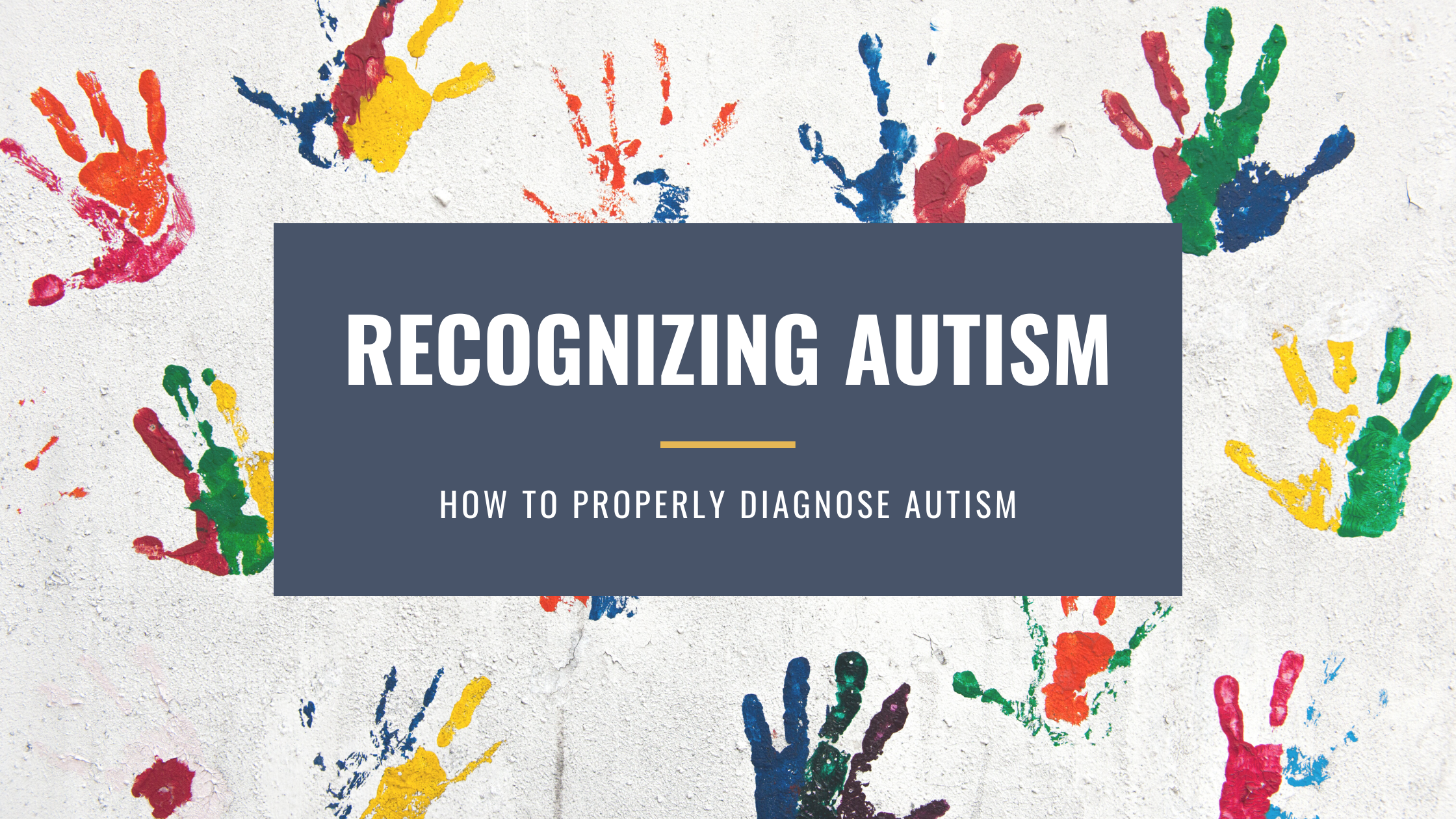If you suspect your child has autism spectrum disorder (ASD), you may feel worried or stressed. You are likely seeking answers but are uncertain about what your next steps should be.
Before you become overwhelmed or fall into the internet rabbit hole, contact a medical professional. Autism can be tricky to diagnose, even for physicians. ASD-like symptoms can appear if a child is stressed. Here are a few symptoms we discussed in our post, What is Autism? Visit for a more comprehensive list.
- Hand or arm flapping
- Toe walking
- Rocking back and forth
- Repetitive movements and motions
- An increase or decrease in sensitivity to sensory input from their surroundings (i.e., negative reactions to certain sounds or stimuli)
- Extremely fixated interests and preoccupations with physical objects and/or school subjects
- Emotional outbursts in response to a change in routine
Other possible indicators of ASD, such as trouble reading nonverbal cues, or sensory issues can overlap with symptoms of learning disorders. In addition, ASD has a wide range of symptoms that vary for each child.
While it might be tempting to seek advice and input from friends or family members, the only way to obtain a reliable autism diagnosis is through a qualified medical professional.
The Diagnosis and Screening Process
The American Academy of Pediatrics (AAP) recommends that doctors screen children for autism at their 18 and 24-month checkups. While a diagnosis at two years of age is believed to be reliable, a doctor cannot provide a final diagnosis until your child is older. However, if you are concerned, seek medical advice as soon as possible. The earlier you have the facts, the sooner you can seek treatment for your child.
Physicians diagnose autism through a series of steps, beginning with developmental monitoring, which should be included as part of regular well-child visits. During the visit, your pediatrician will likely ask questions about your child’s behavior when playing, learning, speaking, and moving and how those behaviors have changed over time. You and other caregivers can also observe your child and note if they are missing any developmental milestones.
Developmental screening is another tool pediatricians use to evaluate for autism. This process usually involves a research-based test for your child and/or a questionnaire. This assessment is a less subjective measure than developmental monitoring.
There are a variety of research-based tests your child’s doctor might use for screening, including the Ages and Stages Questionnaire, the Pervasive Developmental Disorders Screening Test, the Communication and Symbolic Behavior Scales, and the Modified Checklist for Autism in Toddlers.
Screening is not the same as diagnosing, but it can indicate if a more thorough examination, such as a comprehensive development evaluation, is necessary. This more extensive assessment will help determine whether you should seek special interventions or treatments for your child, such as Applied Behavior Analysis (ABA) therapy, a research-based approach that is recognized as one of the most effective treatments for ASD.
A professional will not formally diagnose autism until they have compiled your observations and descriptions, their observations, assessments by autism expert(s), medical tests, and your child’s history.
How to Learn More
If you want to read more about the diagnostic process before you contact a medical professional, here is a selection of reliable websites that can help you gain a thorough understanding of how autism is evaluated for and diagnosed:
- The American Academy of Pediatrics Healthy Children website includes a detailed explanation of how the autism diagnostic process works and what you can expect next.
- Autism Speaks, a nonprofit organization dedicated to promoting solutions for those who have autism and their families, includes an article that explains how and when children are screened for and diagnosed with autism, including a link to an online autism screener.
- The Centers for Disease Control and Prevention explains the steps that pediatricians take to confirm an autism diagnosis and includes links to articles about early signs of autism and a printable fact sheet about developmental monitoring and screening.
Next Steps
If your child does have a confirmed autism diagnosis, the best thing you can do is seek treatment and interventions as soon as possible. Also, find more resources on our resource page.
GBC Autism Services services many areas throughout Chicagoland, Central IL and Indiana. See our list of locations. Our services include in-home and clinic-based ABA therapy, early intervention services, school consultations, and social skills groups. Each program is always individualized and always transformative.



